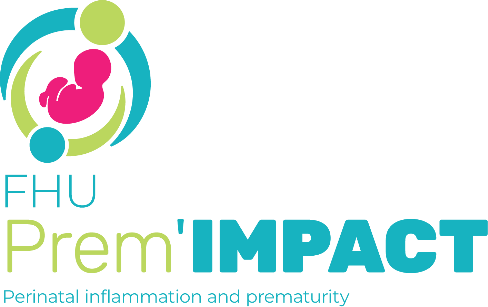Abstract
Background: Children born preterm face higher risks of neurodevelopmental difficulties that, with social vulnerabilities, may impair school performance. We described and assessed determinants of receiving school support in preterm-born children in France.
Methods: We used data from the prospective population-based cohort of births before 35 weeks’ gestation in France, EPIPAGE-2, to estimate crude rates and adjusted relative risks (using multivariable, mixed-effects generalized linear models) of receiving school support at age five, by children’s neurodevelopment at five, sociodemographic characteristics, and region.
Results: Out of 3,007 children, 99% attended mainstream school at age five, of whom 9% received school support. Support was more often received by boys (11%; aRR = 1.37) than girls (6%), children born at 24-27 weeks’ gestation (21%; aRR = 2.78 compared to 32-34 weeks), and children with moderate or severe neurodevelopmental impairments (MSNDI: cerebral palsy, cognitive impairment, visual impairment or blindness, and/or hearing impairment or deafness) (39%; aRR = 17.25 compared to none). Receiving support was not associated with sociodemographic characteristics, after adjusting for covariates.
Conclusions: Neurodevelopmental impairment is a key determinant for receiving school support. However, 9% of the cohort and under 40% of children with MSNDI were receiving support, raising questions on whether unmet needs for school support exist in France.
Impact: This study provides an overview of school support received at age five by children born before 35 weeks’ gestation in France, and associated determinants Less than 10% of the total cohort and 40% of children with a moderate or severe neurodevelopmental impairment were receiving school support Cognitive and neurodevelopmental impairments were key determinants for receiving school support, but sociodemographic characteristics were not Our results raise questions about whether unmet needs for school support exist, calling for further research on the support available in schools, decision-making processes for allocating them, and the psychosocial and academic consequences of their provision on children.
